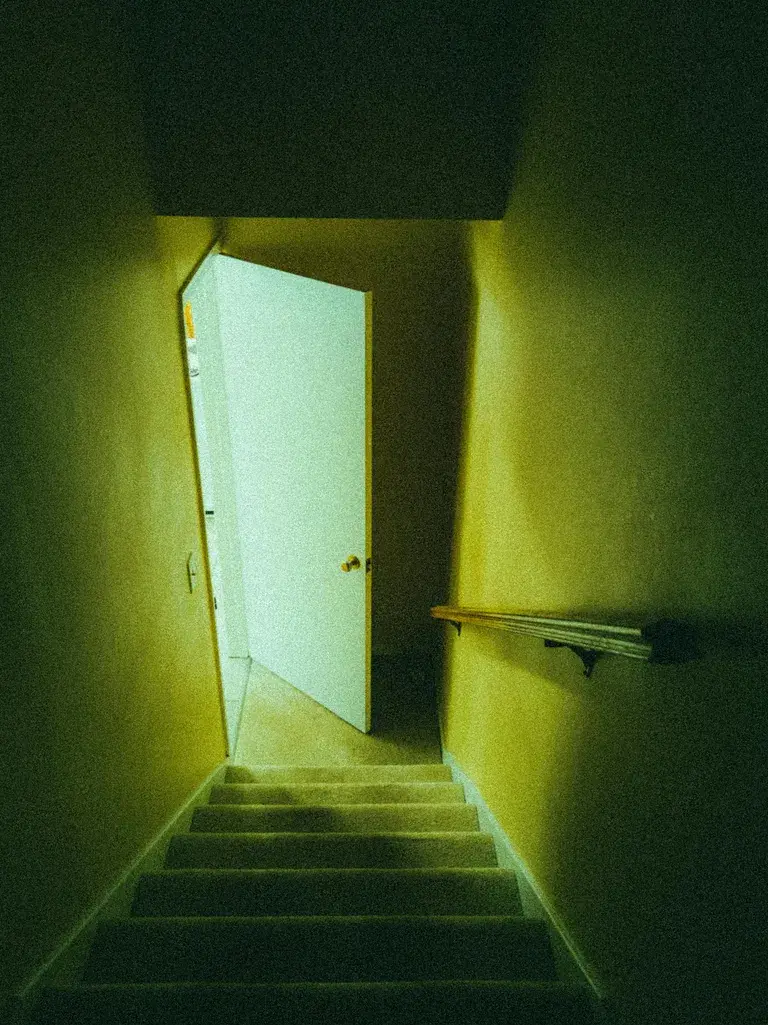
Doctors Explain The Chilling Sound A Person Makes That Means They Have Less Than 24 Hours To Live
As someone approaches the end of life, the body undergoes a series of changes — some gradual and others strikingly sudden. While these transformations can start unfolding weeks or even months before passing, one specific sound, known as the “d:eath rattle,” typically emerges in the final 24 hours. Though unsettling to hear, it often marks the body’s natural journey toward its final moments.
What Is the ‘d:eath Rattle’ and Why Does It Happen?
According to Medical News Today, the “d:eath rattle” is caused by a buildup of secretions in the throat and changes in a person’s breathing patterns as their ability to swallow diminishes. These secretions are no longer cleared by coughing or swallowing due to the body shutting down.
Hospice nurse Julie, who specializes in end-of-life care, explains it this way:
“This is just a collection of a small bit of saliva in the back of the throat that just sounds really bad.”
She adds that fluctuating body temperature is also common in this phase:
“We lose the ability to control the core temperature, so our temperature will fluctuate at the end of life. Again, it’s all very normal and part of the d:eath and dying process if you are dying naturally at home.”
What Does the ‘d:eath Rattle’ Actually Sound Like?
The sound itself varies, but it is typically described as a “crackling, wet noise” that becomes louder and more pronounced with each breath. Some people liken it to heavy snoring or gurgling, while others say it sounds like low, labored groans.
Despite how distressing it may be for those nearby, it’s important to remember: the dying person is not in pain or discomfort. The noise results from unconscious physiological changes — not suffering.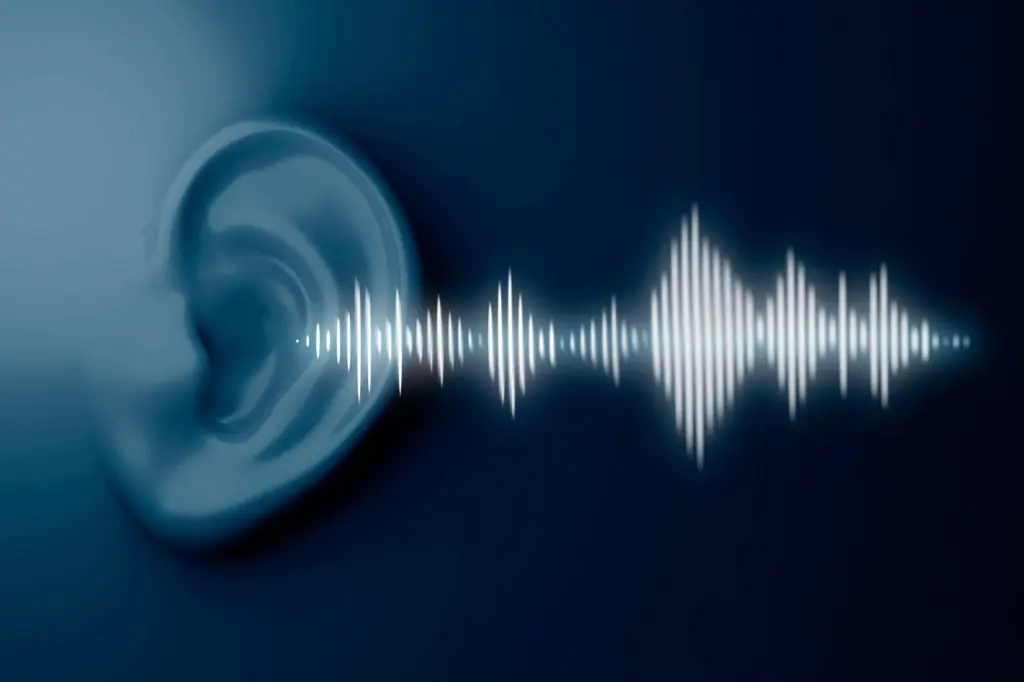
How Long After the d:eath Rattle Until d:eath Occurs?
Research indicates that individuals usually live around 25 hours after the d:eath rattle begins. However, timelines can differ. Patients in hospice care often experience a longer dying process compared to those in hospitals, possibly due to the more gradual and supported nature of palliative care.
Can You Ease the Sound of the d:eath Rattle?
Although the “d:eath rattle” is a natural part of dying, there are gentle ways to reduce its intensity, helping to bring peace to family members and caregivers:
- Reposition the patient: Turn them onto their side to help secretions drain naturally.
- Elevate their head: Slight elevation can reduce gurgling.
- Keep their mouth moist: Use moistened swabs to provide comfort.
- Gently suction secretions: If approved by healthcare professionals.
- Limit fluids: Reducing intake can help minimize excess secretions.
- Use medication: Doctors may prescribe drugs to dry out secretions when appropriate.
While these steps may not eliminate the sound entirely, they can significantly improve the environment for loved ones witnessing the transition.
A Normal Yet Emotional Process
For families and friends, the “d:eath rattle” can be emotionally overwhelming, often signaling that the final goodbye is imminent. Still, it’s a normal and expected part of the dying process, especially during a peaceful, natural d:eath at home or in hospice.
Understanding what the sound signifies — and knowing that the individual is not suffering — can provide comfort in an otherwise heartbreaking moment. In these final hours, being informed, emotionally present, and offering love and reassurance can make all the difference.
By recognizing and preparing for this sound, families are empowered to face the final phase of life with dignity, clarity, and compassion.
News in the same category

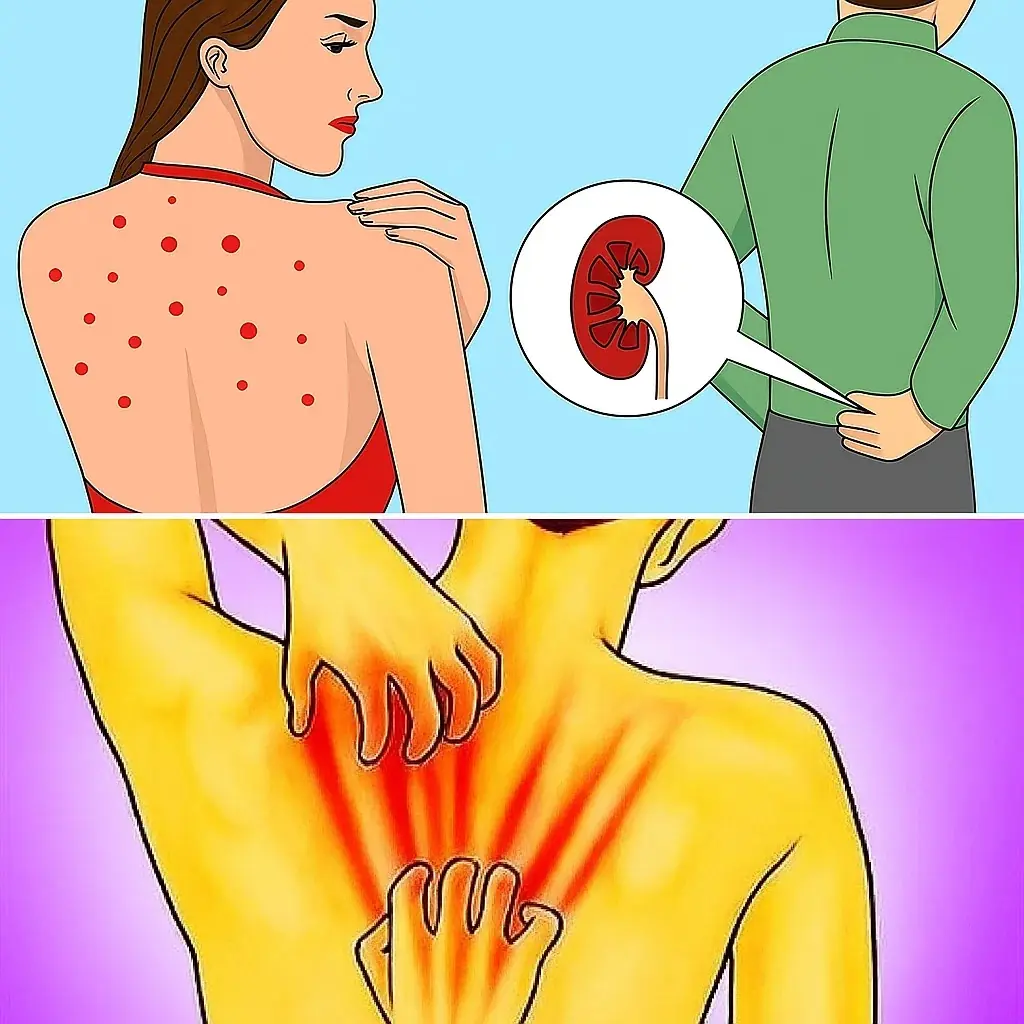
10 Warning Signs Your Kidneys May Be in Serious Danger
Your kidneys quietly work around the clock to keep your body in balance, but when they start to fail, the symptoms can be subtle and easily overlooked. Spotting these early warning signs could save your health—and even your life.

What You See First In This Weird Optical Illusion Reveals What Kind Of Lover You Are
Optical illusions can do more than just play tricks on your mind — they can reveal hidden aspects of your personality, including how you express love. In this unique test, the first image you notice will uncover your deepest romantic traits and the way

Beekeeper Sets Bees Loose on Police That Pulled Him Over for Traffic Stop

The ‘World’s D3adliest Food’ K!lls 200 People Annually — Yet 500 Million Still Can’t Resist It
Every year, this claims over 200 lives worldwide, yet nearly half a billion people still rely on it as a daily food source. Experts warn that without proper preparation, this staple crop can turn d:eadly due to its natural cyanide content.

The Hidden Meaning Behind Women's Leg-crossing — It’s More Than Just Comfort
The Hidden Meaning Behind Leg-Crossing — Body Language Secrets, Health Risks, and What It Really Says About You.
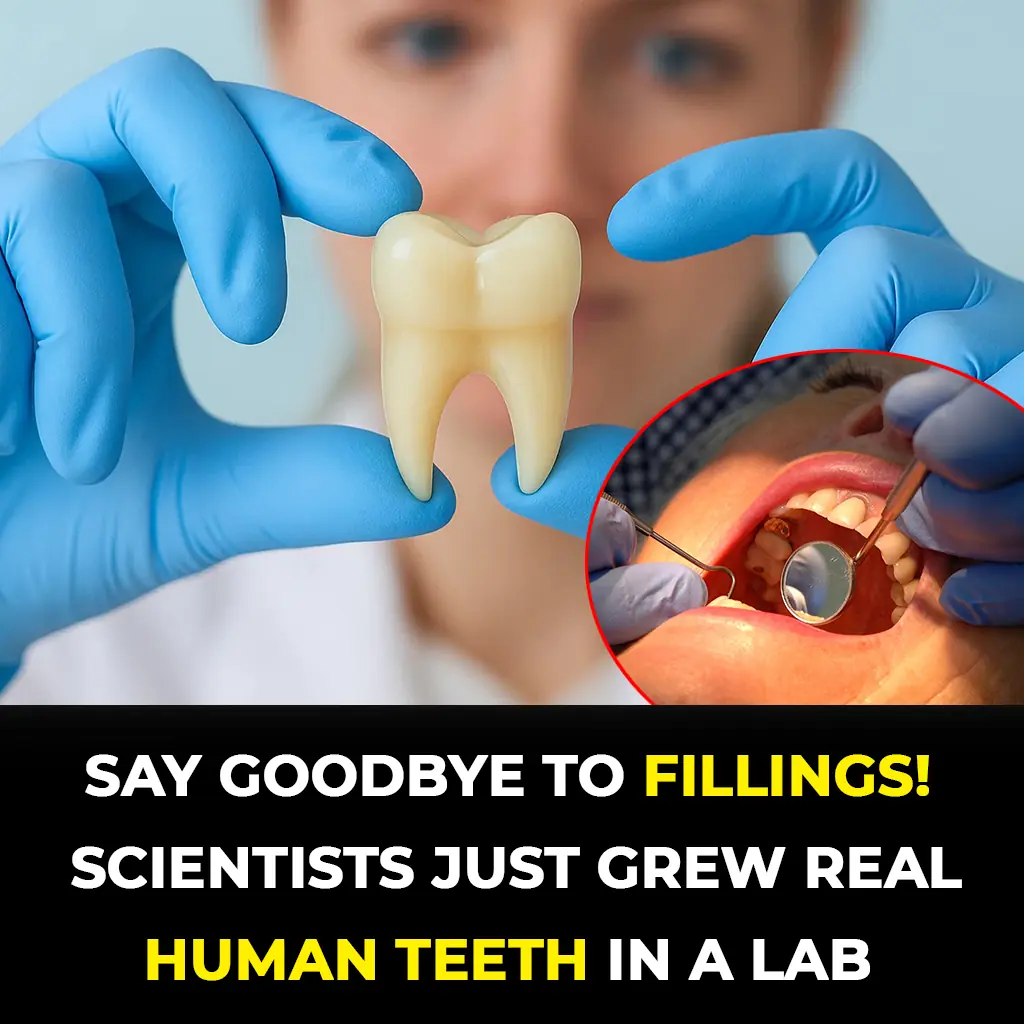
Say Goodbye to Fillings Soon? Scientists Just Grew Real Human Teeth In a Lab That Could Replace Fillings Forever
What if your body could suddenly remember an ability it lost thousands of years ago - the power to grow an entirely new tooth?

The Secret Behind the Small Metal Bump on Scissors Everyone Missed
People Are Stunned To Discover The Real Purpose of the Small Metal Bump Between Scissor Handles — And It’s More Useful Than You Think.

The Chilling Truth About Why No Human Remains Were Found in the Titanic Wreck
More than 110 years after the Titanic sank, scientists have revealed the chilling reason no human remains were ever found in its wreckage. Resting 12,000 feet below the Atlantic, the site tells a silent story of how nature claimed the victims in its own w

9 Chilling Stories of Third Man Syndrome: When an Unseen Presence Aided Survival in Disasters

I Was Shamed for Being a Single Mom at My Sister’s Baby Shower — Then My 9-Year-Old Son Silenced the Room with a Letter

9-Year-Old Boy Whispered “Daddy, I’m so tired!” and Didn’t Wake Up Again

What Is the Shark Fin on Cars?

Scientists Discover New Blood Type Only Found In One Woman On Earth Today

Extreme levels of damage has been discovered on trees near cell phone towers
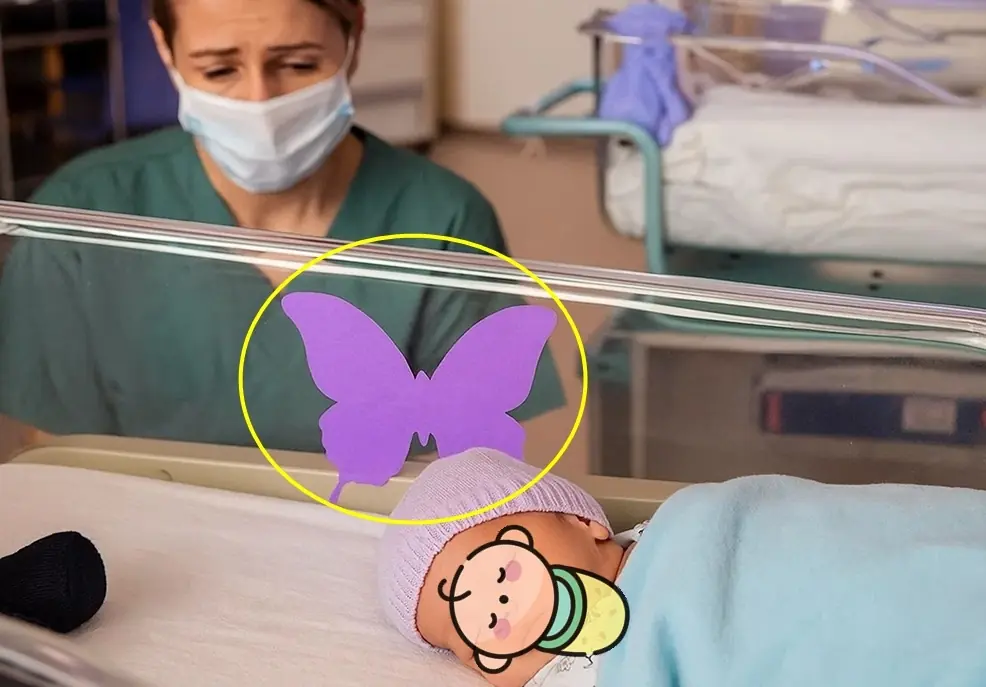
If You Notice a Purple Butterfly Sticker by a Newborn’s Bed—Here’s the Silent Tragedy Behind It
It's not just a decorative element. It's a symbol.

If You See A Woman Wearing A Wedding Ring On Her Pinky Finger Here’s What It Means
If you see a woman wearing a wedding ring or statement ring on her pinky, know that there’s likely a story behind it.

Here Are 5 Reasons Why Some Men Prefer Slim Women
Slimness might be appealing to some men for reasons ranging from health to aesthetics, but personality, kindness, intelligence, and emotional compatibility often matter far more in the long run.

“I Di3d for 6 Minutes and Saw the Afterlife — What I Witnessed Still Haunts Me”
A guy has described the eerie sights he says he seen in paradise after he ‘died’ for six minutes as a child.
News Post

A Late-Night Uber Ride That Changed a Life.

The Only Thing My Late Dad Left Me Was a Rusty Key, and I Thought It Was a Joke Until My Cousin Offered Me $10,000 for It – Story of the Day

You Should Never Ignore These 9 Things Your Fingernails Reveal About Your Health
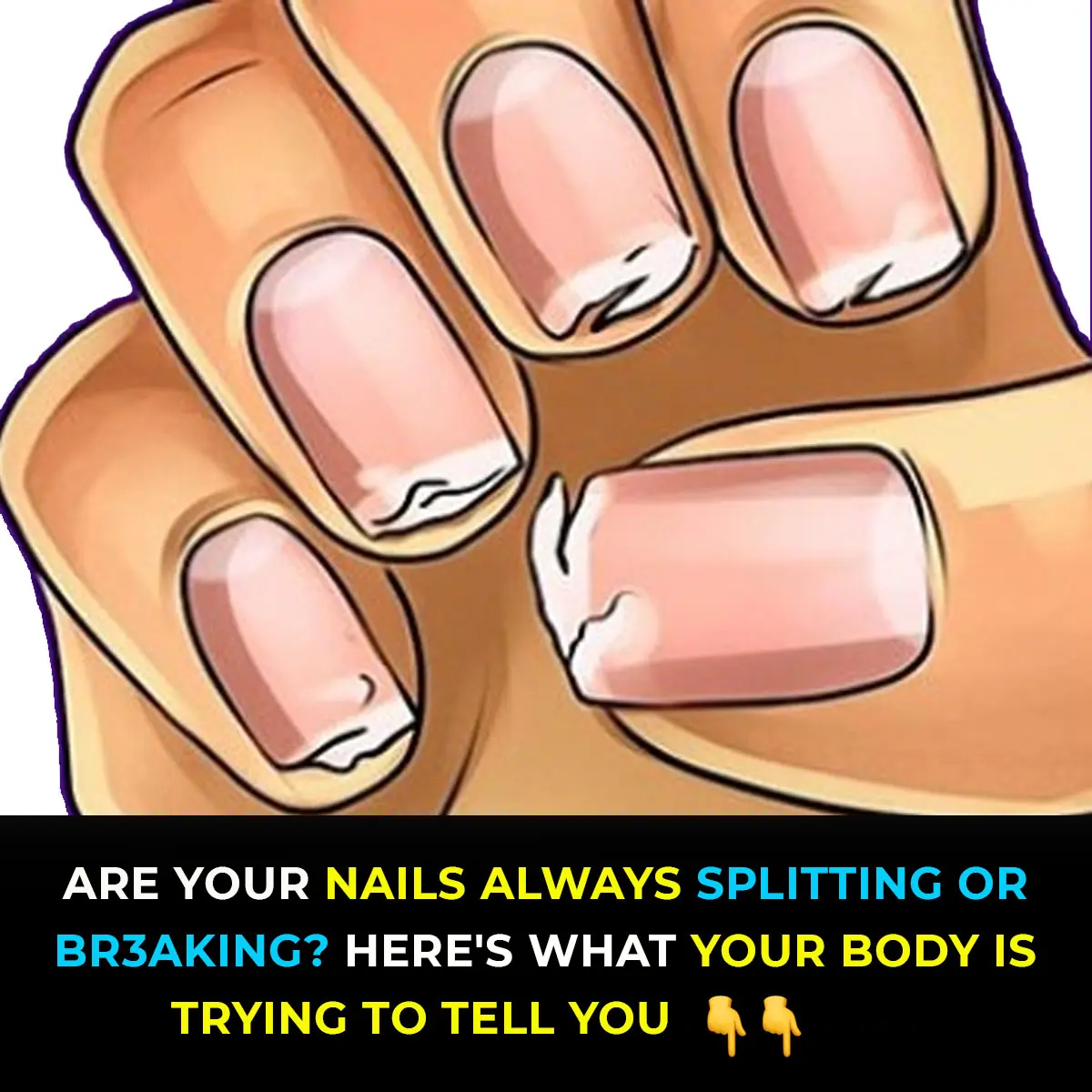
Scientists Warn Foot-Long “Demonic Flesh-Eating” Worms Are Invading The U.S.—Here’s What To Do

Officials Warn Tourists As Giant Toxic Jellyfish Washes Ashore At Popular Beach

When Nighttime Leg Cramps Become a Concern
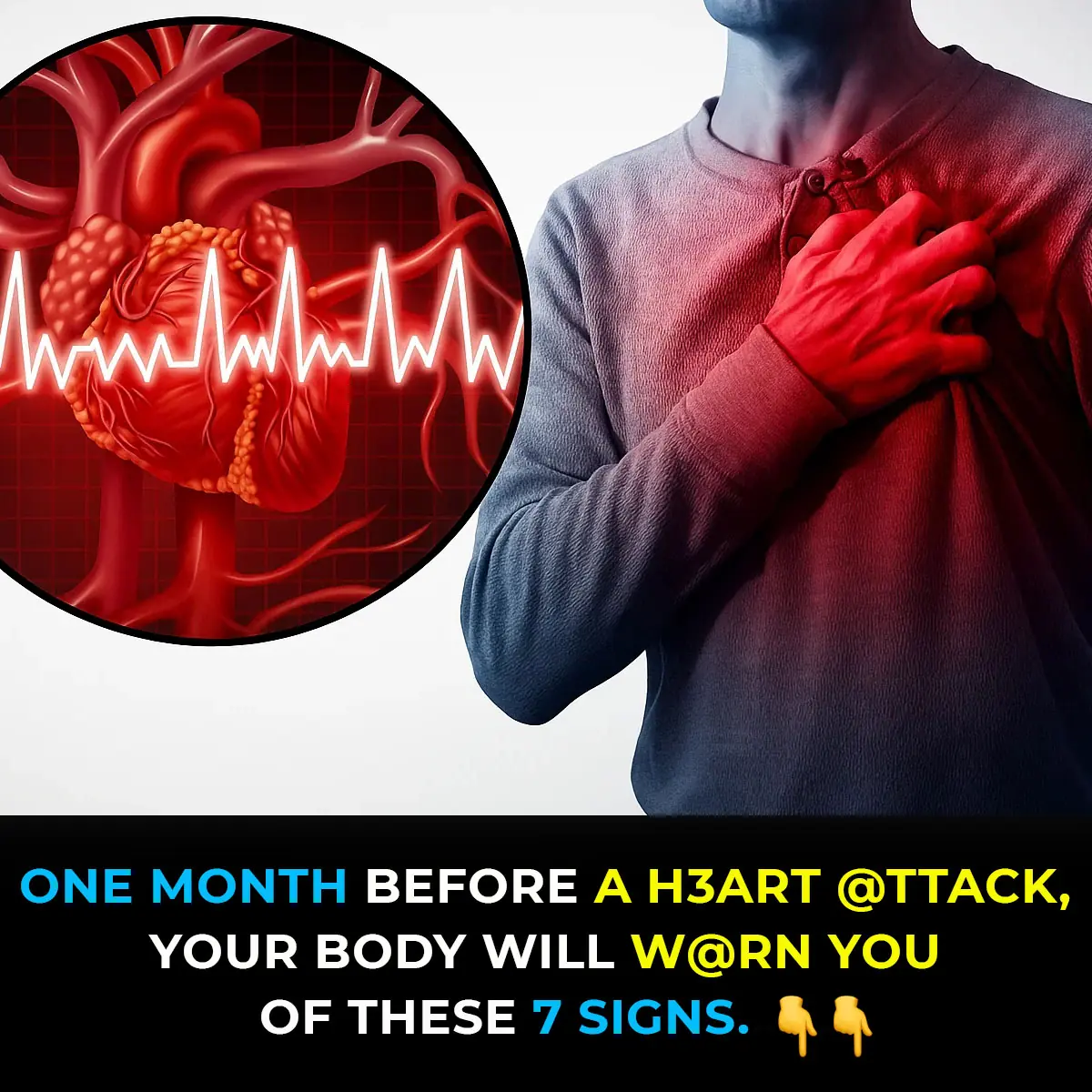
One Month Before A Heart Attack, Your Body Will Warn You Of These 7 Signs

Coca‑Cola Fires Back After Trump Claims He Switched The Coke Recipe
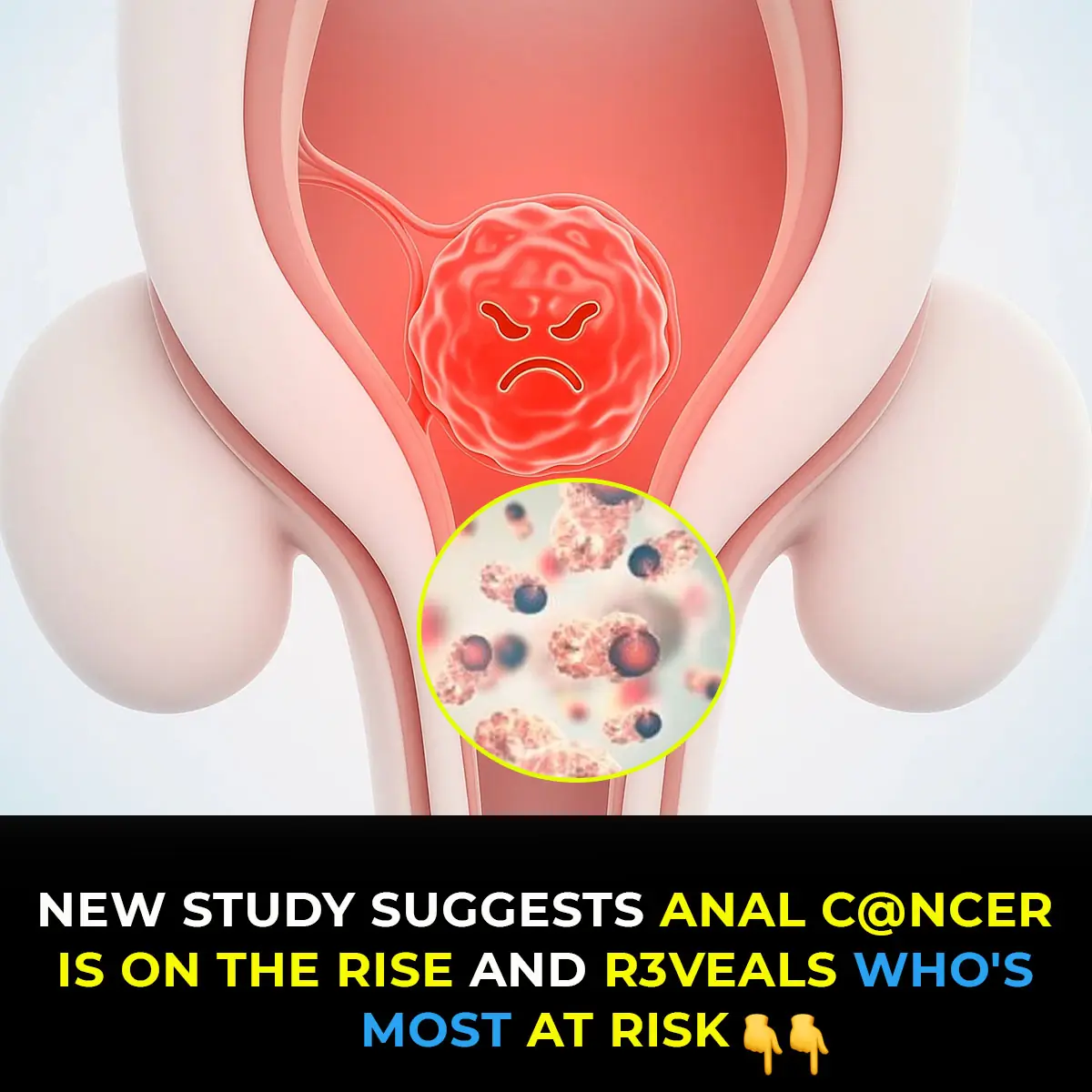
Researchers Sound Alarm Over Surge In Anal Cancer And High-Risk Populations

5 Things Doctors Say You Should Never Give Your Kids to Help Prevent C@ncer
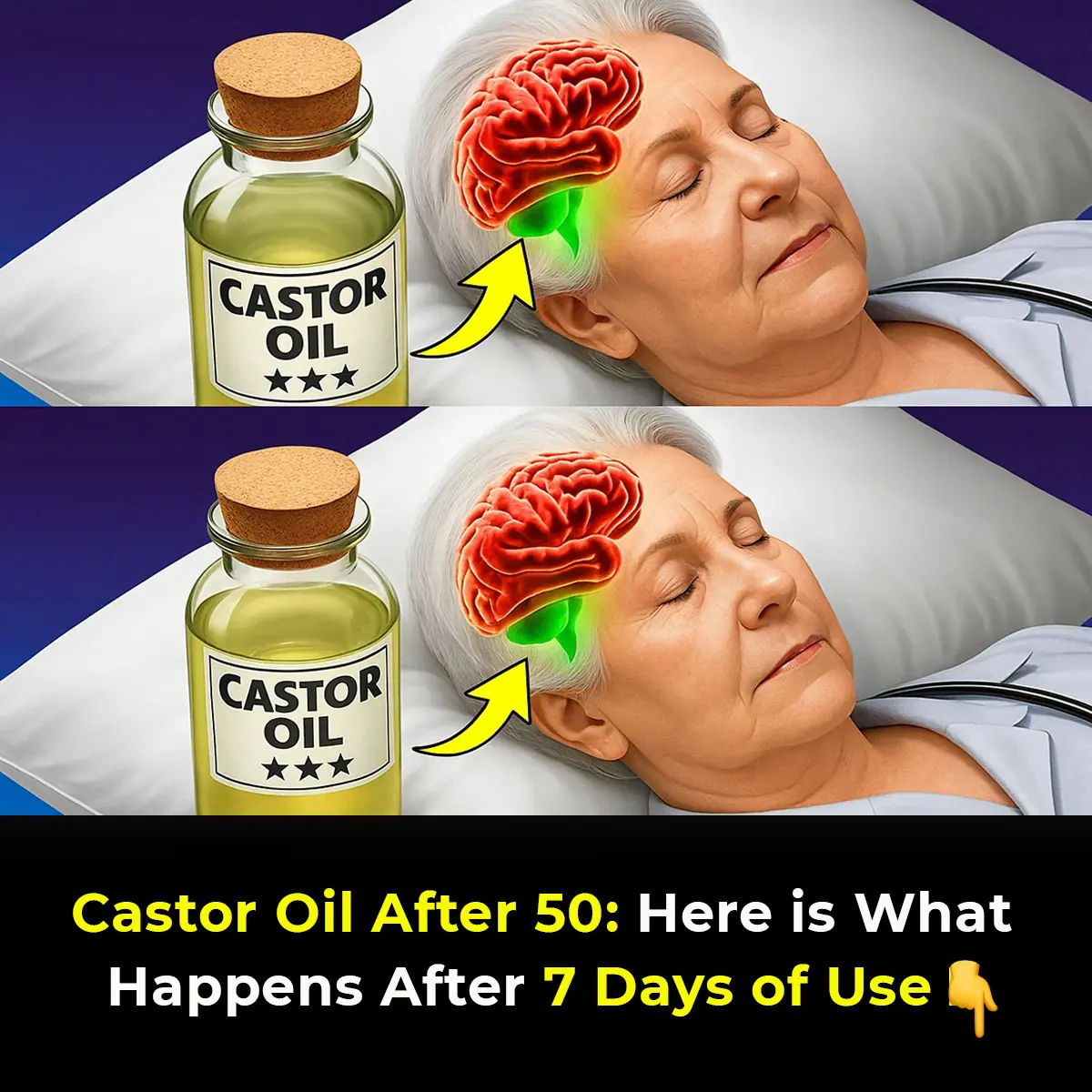
6 Powerful Castor Oil Benefits for Your Health and Wellness

A Wild Kingfisher, Three Generations, and the Unspoken Language of Love.

More Than a Win: The True Victory of the Cooma North Boys.

Moment two AI agents realise they're talking to another AI and switch to their own bizarre language

Woman earns hundreds every day just by sitting in New Yorker's cars

My Husband Threw Away the Chicken I Cooked Saying 'You'll Thank Me Later' – When I Found Out Why, I Filed for Divorce

The Ride That Changed Everything.

My Sister Brought My Ex to My Wedding and I Was Stunned, but Then Her Speech Changed Everything – Story of the Day

10 Warning Signs Your Kidneys May Be in Serious Danger
Your kidneys quietly work around the clock to keep your body in balance, but when they start to fail, the symptoms can be subtle and easily overlooked. Spotting these early warning signs could save your health—and even your life.
